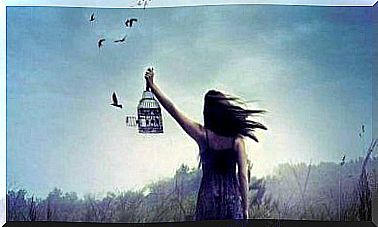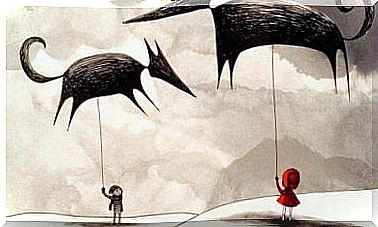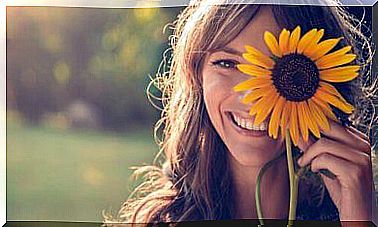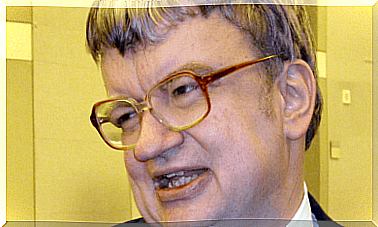Kindness Without Deeds Is Useless
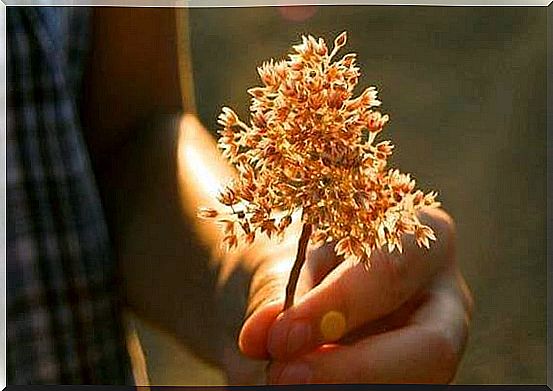
Kindness is a real symbol of goodness in us humans. But if there are no deeds with kindness, it is useless. We all seem to know at least one person who talks a lot but does little. Personalities characterized by noble words but selfish deeds. Let us begin to change the world by turning our noble thoughts into deeds.
This idea may seem obvious at first, within the framework of obvious facts. Many people practice a kind of immobility where they think it is necessary that “they think they are good people” in order to achieve their conflicting satisfaction. However, they are incapable of seeing nearby needs, concrete facts that require a certain kind of basic empathy. Something we don’t see as often as we would like.
Someone once said that if we want to eliminate evil, good people must act. Good people have to do something. So kindness is not an empty entity. It’s not any pill you take to make your heart nobler, or to donate to some nonprofit charity. Nor is it a matter of boasting.
Kindness is not something you can choose, it is something you feel. It creates the need to act, respond, participate, and protect, even though the rest of the world may not understand us, or may even criticize us. Kindness is thus an authentic act of heroism. We urge you to consider this.

Good people are pieces of the same garment
We are aware that this issue may give rise to some kind of controversy. First, many are sure to wonder what exactly we mean when we say “good people,” which makes them different from others. Why do we call them unknown heroes, heroes that no one ever talks about. So we need to clarify that when we call some people “good,” we don’t mean others are bad. We are not establishing any kind of dichotomy.
Kindness is above all a lack of selfishness. If we isolate this variable from our equation, we are left with an empathic, compassionate, and altruistic behavioral profile. An exceptional feature of such a personality is that he is cut from a different garment that no one sees. It’s enough to cross the first layer of his skin to find something beneath it. They’re great. These people put the needs of others first before their own needs.
This kind of side of people is not met very often. Not everyone puts their peers first so that their needs are taken into account. And not doing or feeling like that doesn’t make you a bad person. Such altruistic sacrifice and willpower feels strange, foreign, and even contradictory. Maybe that’s why we don’t understand those volunteers who risk their lives to help others, no matter how far away they are.
In fact, we also don’t understand when one of our friends, neighbors, co-workers, or relatives is doing their best for their community, without expecting anything in return. Kindness, like many of our other motives, is not always understood. And it is precisely because of this inability that kindness rarely receives the recognition it deserves.
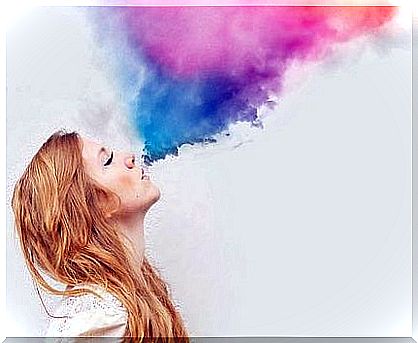
When you practice kindness, something in your brain changes
To practice kindness, you do not have to give away all material possessions. You also don’t have to travel to India or Tibet, or choose sides in a war that doesn’t help the poor and oppressed. Practicing genuine kindness begins in our immediate environment. There are situations in our daily lives where kindness is needed.
A show of kindness, no matter how small, is never a waste of time. In fact, it is enough that we simply take that first step to start making small but great changes in our brains. So much so that you won’t be surprised to learn that acts of generosity and selflessness activate the same nervous mechanisms in our marriages as empathy.
When you do something relevant to your peers, your brain produces endorphins that reinforce socialist behavior, this in turn sets our species to respectable value. People’s first priority is to secure their own survival. Kindness with action, and not just with desires, guarantees the basic principles of our survival.
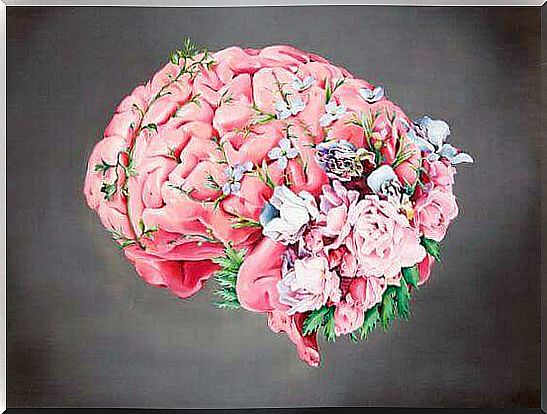
The next generation of kindness
Teaching this vital attitude to our children is something we should never neglect. Jerome Kagan is a psychologist at Harvard University. Through his research, he has proven that babies have one innate ability. They are able to connect positively with the people around them. Emotional caressing favors and promotes the development of the baby’s brain in a simple miraculous way.
We must plant the seed of empathy, esteem and altruism in them. In this way, we win in this world of modernity and technology. It is a challenge and an act of great duty in which we all take part. We are all important. For if our species have succeeded in evolving to the point we call “humanity,” we only need to take the next step to create a state of common consciousness. A network based on mutual respect, compassion, and appreciation for others as a representative of the same species.
